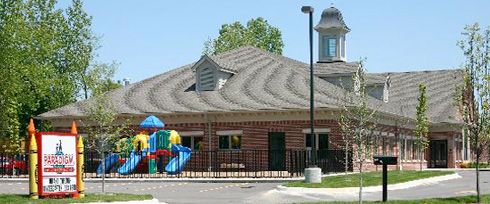
Navigating public spaces with young children can be both rewarding and challenging. Understanding socially acceptable behaviors can help ensure that outings are pleasant for both your family and those around you. Here’s a guide to help you manage social interactions and expectations when venturing out with little ones.
Set Expectations
Before heading out, it’s important to set expectations with your children about how they should behave in public. Discussing these expectations in advance can help children understand what is appropriate and what is not.
- Explain the Environment: Talk to your children about where you are going and what they can expect. For instance, visiting a library requires quiet voices, while a park allows for more freedom and noise.
- Establish Basic Rules: Simple rules like holding hands, staying close, and using inside voices can be effective. Tailor these rules to suit the specific environment you will be visiting.
Encourage Respectful Behavior
Respectful behavior is key when in public spaces. Teaching children to be considerate of others can lead to more positive experiences for everyone involved.
- Use of Manners: Encourage your children to say “please,” “thank you,” and “excuse me.” These small phrases can go a long way in showing respect to others.
- Sharing and Taking Turns: If visiting places like playgrounds, teach children to share equipment and wait their turn. This helps build patience and understanding.
Handling Difficult Situations
Despite your best efforts, there may be times when children become upset or overwhelmed. Here’s how to handle these situations gracefully:
- Stay Calm: Keeping your own composure can help de-escalate a situation. Children often mirror adult emotions, so remaining calm can be reassuring.
- Remove and Redirect: If a child is having a meltdown, consider removing them from the situation for a few moments to calm down. Redirect their attention to something positive or engaging.
Be Considerate of Others
Being mindful of others while in public can make outings more enjoyable for everyone.
- Mind the Noise Level: While children are naturally energetic and vocal, try to keep noise levels appropriate for the setting. In quiet places, encourage whispering or quiet conversations.
- Clean Up After Yourselves: Teach children to pick up after themselves, whether it’s throwing away trash or tidying up toys they’ve played with. This shows respect for the space and others who use it. If at a restaurant clean up any food that accidentally gets dropped on the floor and encourage them to use the same manners that are expected at home.
Engage Children in the Experience
Including children in the experience can help them feel more invested in behaving appropriately.
- Interactive Learning: Turn outings into learning experiences. Ask questions about what they see, hear, or smell. This not only keeps them engaged but also enriches their understanding of the world.
- When out to dinner interact with your child. Play I-spy or other interactive games. Bring a bag of tricks that does not include a screen. Stock it with paper and crayons or markers so you can color or draw with your child. Fun interactive books are great too. For younger children bring tabletop toys that are quiet and will keep them entertained for a while.
- Positive Reinforcement: Praise children when they behave well. Positive reinforcement encourages them to continue exhibiting good behavior in the future.
By preparing and guiding young children in public settings, you can help them develop social skills that will be invaluable as they grow. Remember, patience and understanding are key as they learn to navigate the world around them.








